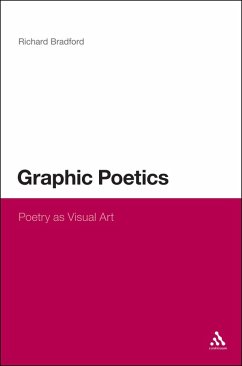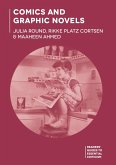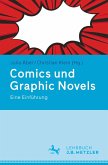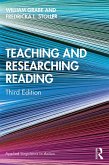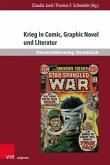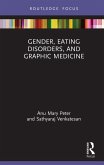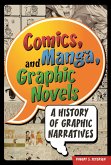Concrete', 'pattern' or 'shaped' poems are well documented as experimental curiosities. While giving some attention to this sub-genre the book shifts the focus to the ways in which visual form manifests itself in 'traditional' verse, examining poems by Milton, Wordsworth, Eliot, Olson, T.E. Hulme, Auden, Williams, Larkin and Charles Tomlinson. It examines how the tactile presence of the poem on the page transcends the routine distinctions between genre and historical context, emerging as a significant but largely unexamined contribution to modernist poetics. The interpretative methodology is radical, adapting Wollheim's 'twofold thesis' - grounded in the aesthetics of visual art - to the author's own concept of the 'double pattern'.
Graphic Poetics challenges the accepted protocols of reading and interpreting verse and considers how poetry is involved in a dialogue with such theoreticians as Derrida. Introducing a new perspective on how poems work and on how they generate effects, it shows how poets use devices previously unrecognised and unacknowledged, techniques which are more commonly associated with visual arts than with literature.
Graphic Poetics challenges the accepted protocols of reading and interpreting verse and considers how poetry is involved in a dialogue with such theoreticians as Derrida. Introducing a new perspective on how poems work and on how they generate effects, it shows how poets use devices previously unrecognised and unacknowledged, techniques which are more commonly associated with visual arts than with literature.

